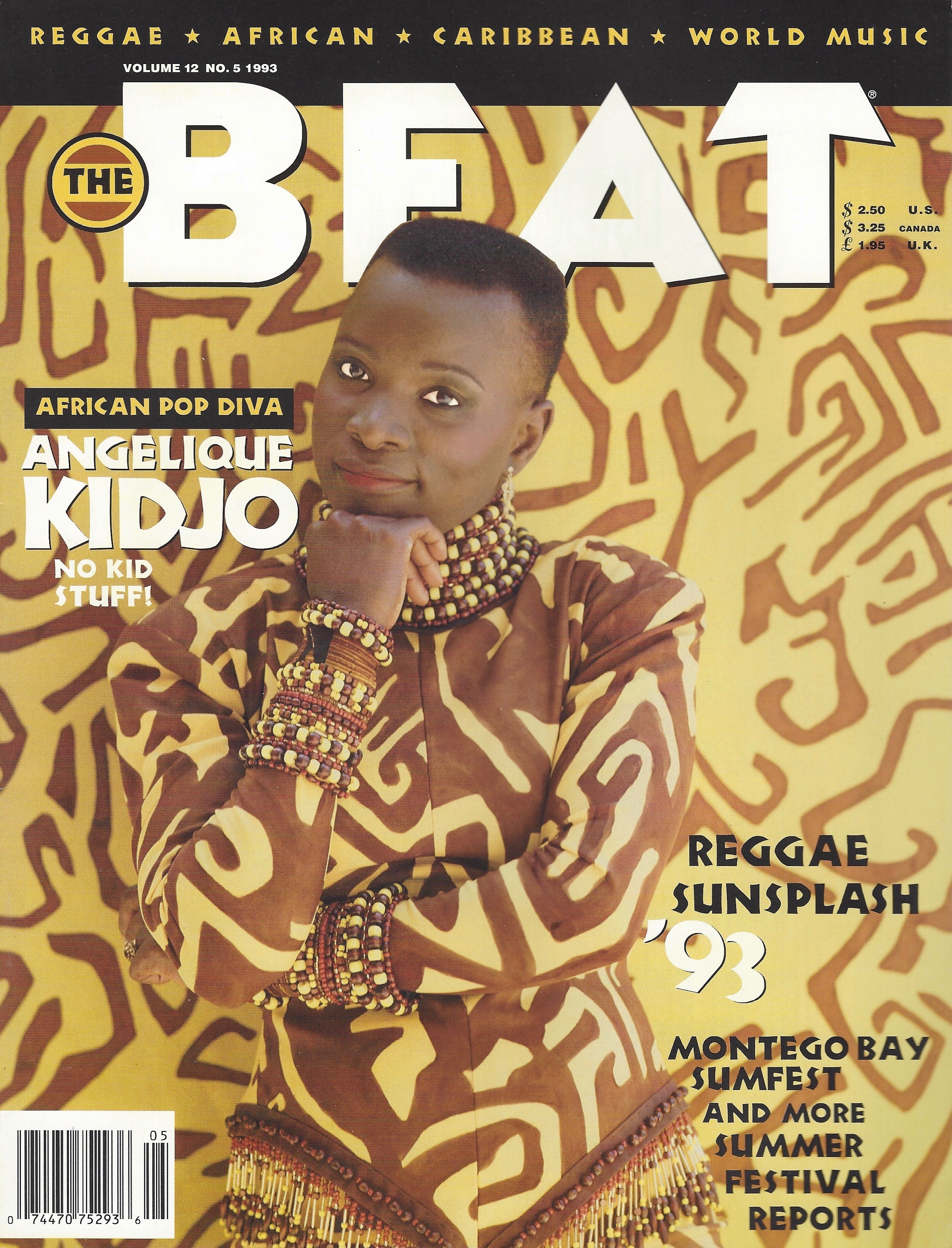In addition to being a bold and innovative musician, Angelique Kidjo is an advocate for peace, African women’s empowerment, and Afro-futurism. Her take on the Talking Heads album, Remain in Light, is an exploration of issues that are personal to her, as well as to an African and international audience. The album, released on Fri., June 8, is an experiment in combining her Beninese sound with 1980s new wave rock 'n’ roll. Kidjo’s humanitarian work, musical history, and upcoming album release all demonstrate her lifelong endeavor to preserve African culture.
Born in 1960 in Benin, Kidjo was always a performer. She had musical success as a teenager and toured all over West Africa, but government oppression led Kidjo to Paris in 1983. In a recent interview with Afropop, Kidjo explained, “The first moment the military, the communism regime, arrived, there was no music on the radio anymore.” Although she had intended to become a human rights lawyer, she soon realized that the political world was not her scene, and she began to study music and perform again in Paris.
Thus began a life-long musical career, although Kidjo is still involved in promoting awareness of human rights issues, such as women’s improved access to resources and education. Her Batonga foundation, works within the context of these “off-track girls’” lives, understanding the challenges they face and bringing programs to transform their futures.
Not only does she work towards resolving problems in her own community, but also those experienced by African diaspora communities around the world. Her Trilogy of albums, individually titled Oremi, Black Ivory Soul and Oyaya! showcases different sides of African diaspora music from the U.S., Brazil, Cuba and Haiti.
Kidjo’s decision to redo the Talking Heads album was her coming full circle: David Byrne was the first artist who supported Kidjo by attending her shows in Paris. She has always been an experimenter, paving the way forward for African music, and as she said of Talking Heads, “Every album moves boundaries.” So her choice was fitting, as many would say the same about her. Remain in Light’s lyrics speak to her experience. “Every single song has a political angle for me,” she explains.
Each song has a different feeling, and she translated those shades of meaning with her characteristic expertise. In Kidjo’s rendition of “Seen and Not Seen,” she recalls her experience observing African women bleaching their skin. The intro she placed at the beginning of the song is a cry for African women to stop harming their bodies. Kidjo called for an end to the practice: “Stop torturing your body. Nature gave you a beauty. You might not see it but that beauty fits you. Love yourself.” She was inspired by recordings she made of women in Kenya and Benin, and now drives her message home through her vocal and musical arrangements.
Having grown up in Benin, Kidjo was only exposed to David Byrne and Talking Heads as an adult. Even as she ventures into music far from her own roots, she remains true to herself, and she demonstrates as much strength and musical finesse on this album as ever. Kidjo balances the duality between putting African music in an international light and holding on to valuable aspects of African culture. In a time in which Africans are discovering their Afrobeat possibilities, Kidjo’s take on Remain in Light communicates “that every music out there, you [Africans] can trace it back to your hometown, to your doorstep.” On June 8, with the release of her most recent work, Kidjo opens “a tiny bit of space in that window [for Africans to see the possibilities of African music].”
Related Articles











